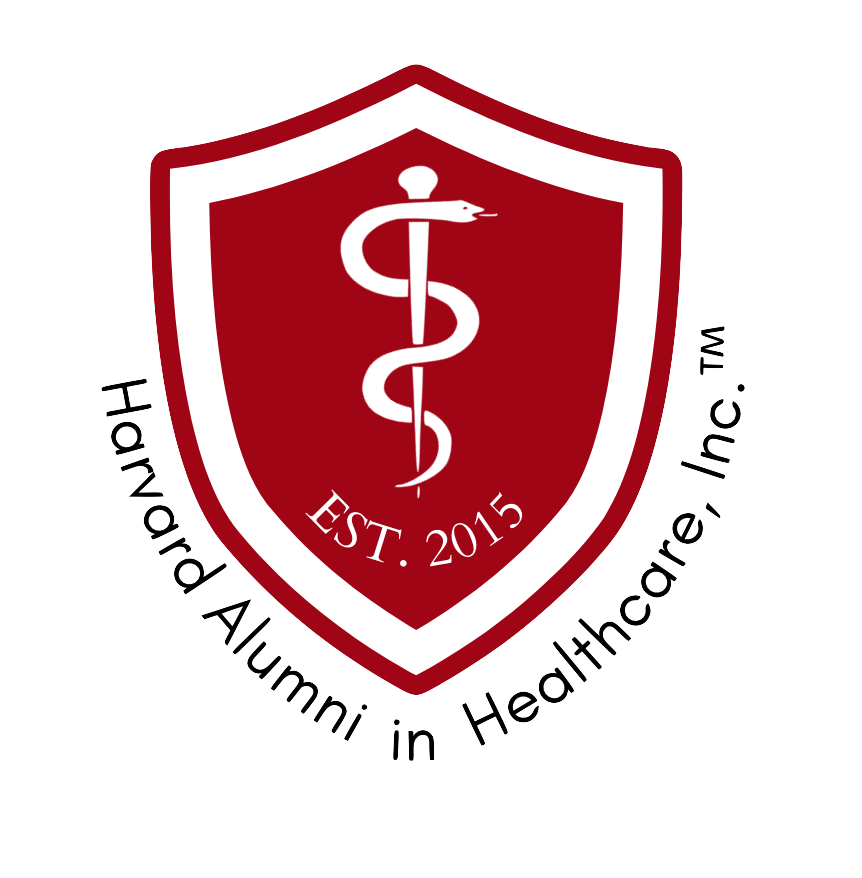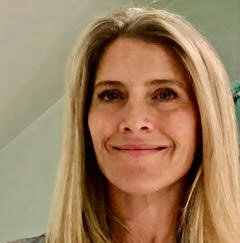Tripler Pell, AB 1996
My name is Tripler Pell, and I graduated from Harvard in 1996. I was a history major and studied modern European history and the history of medicine. While at Harvard, I was lucky enough to be a Radcliffe Research Assistant to Margaret Higonnet, who was an incredible mentor and inspiration. After Harvard, I received a Nuffield fellowship to pursue graduate studies at Oxford in the history of medicine. After Oxford, I returned to Boston to work with Arthur Kleinman at Harvard and also work with Dr. Deborah Frank, a Harvard alum at the Failure to Thrive Clinic of Boston Medical Center.
Although I was fascinated by medicine, I had never actually considered becoming a physician. I basically tried every way to study medicine without actually taking organic chemistry or physics! None of my family members had gone to medical school, so I had never really considered it, but my mentors encouraged me to just bite the bullet and go for it. I was fortunate in that I managed to get some family help in funding for post-bacc courses, and I did them all in one year.
Brown Medical School has a great pathway, too, for students who come from alternative careers.
Medical anthropology and the history of medicine were so helpful to me as I pursued a career in medicine because these fields explore how medicine is a reflection of what matters most to any culture. You become much more experienced in listening and becoming aware of different values and belief systems. I think it also helped me understand not just the person, but to reflect on the socio-historical context of my patient's family and community. Overall, my concentration has been tremendously helpful in informing my practice, and my everyday interaction clinically with patients is truly enhanced as I have experienced many different aspects of the world beyond just the classroom. I recommend people take a little bit of time and do not go straight to medical school.
I originally wanted to work in international medicine — traveling to different countries and working with diverse populations and refugees -- but during my last year of medical school, I had my first child.
Starting a family caused more constraints than I had anticipated, so I shifted my focus to newcomers and international patients in the diverse city of Toronto. This has been my way of seeing the world without traveling because my patients come from 80 different countries and from all walks of life. Working with all of these cultures is where my courses in anthropology really become useful, too.
As a specialty, I chose family medicine in Canada because it offered the most flexibility for me to pursue my professional interests and balance family life.
As for tips, first and foremost, take care of yourself and your health. Eat healthy, get exercise. It catches up with you in the long run and impacts your emotional health and ability to respond. For physicians who have the ability to do so, do a little bit of research or a book group where you can see the forest for the trees. If you’re in the clinic all day every day, it can be easy to get burnout and forget why you are there or feel powerless or overwhelmed. And finally, you don’t have to have it all figured out. Don’t worry if you don’t know everything. Every experience is informative, and everything is a growing experience.
Tripler Pell, MD, MSc, CCFP, FCFP
AB 1996 | History
Family physician, primary care mental health
St Clair Medical Center
Compiled and Interviewed by Felicia Ho


